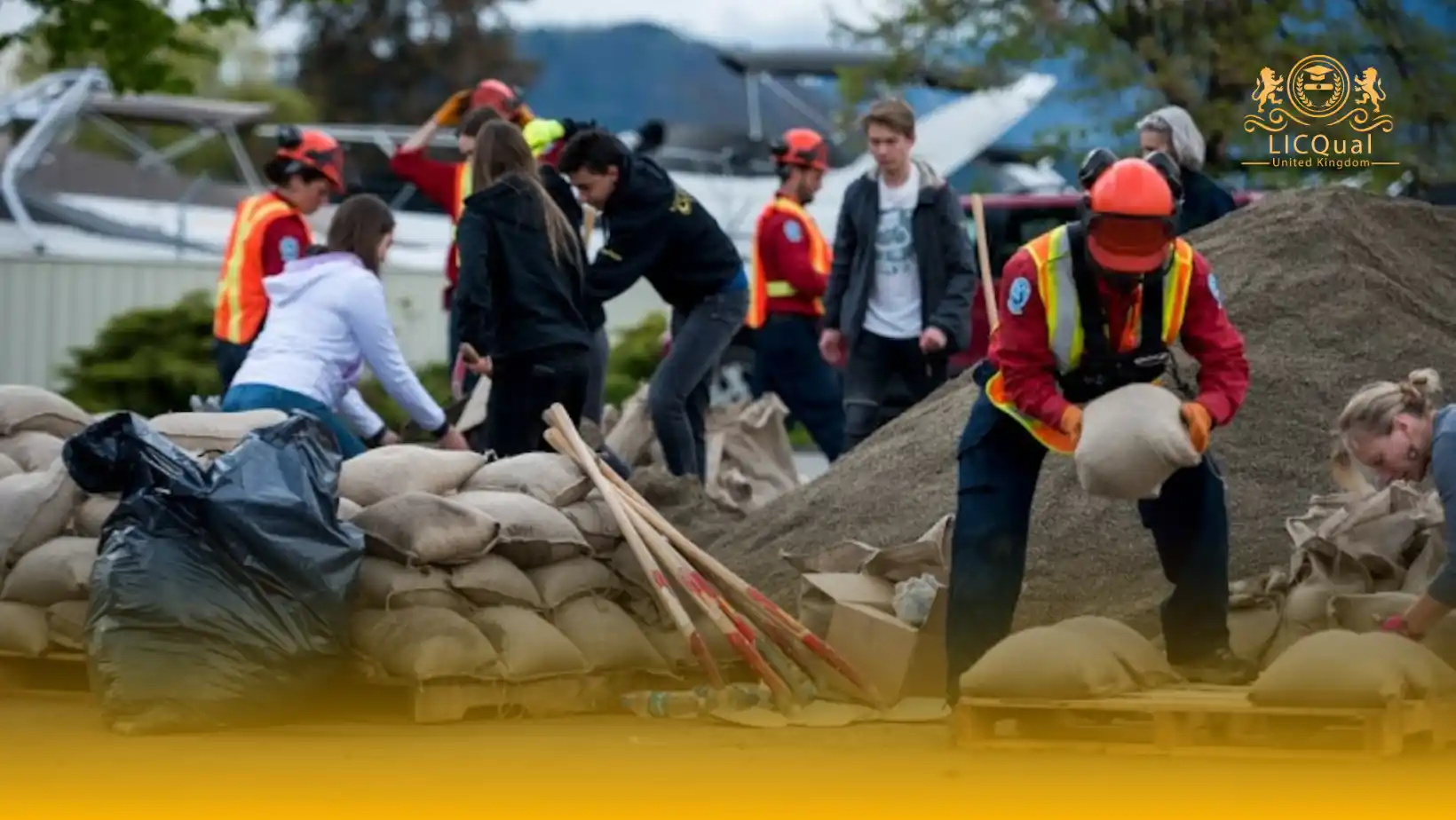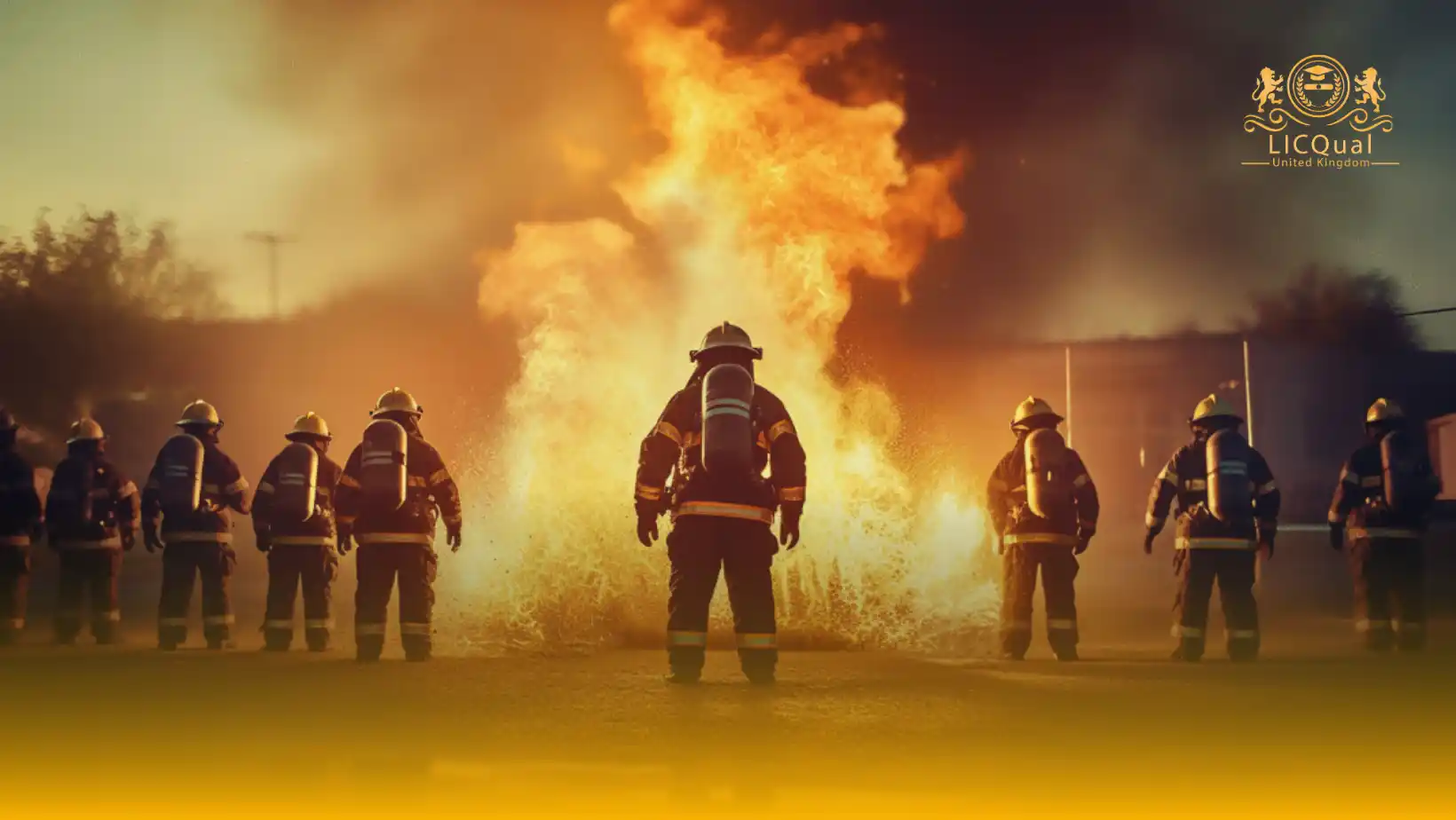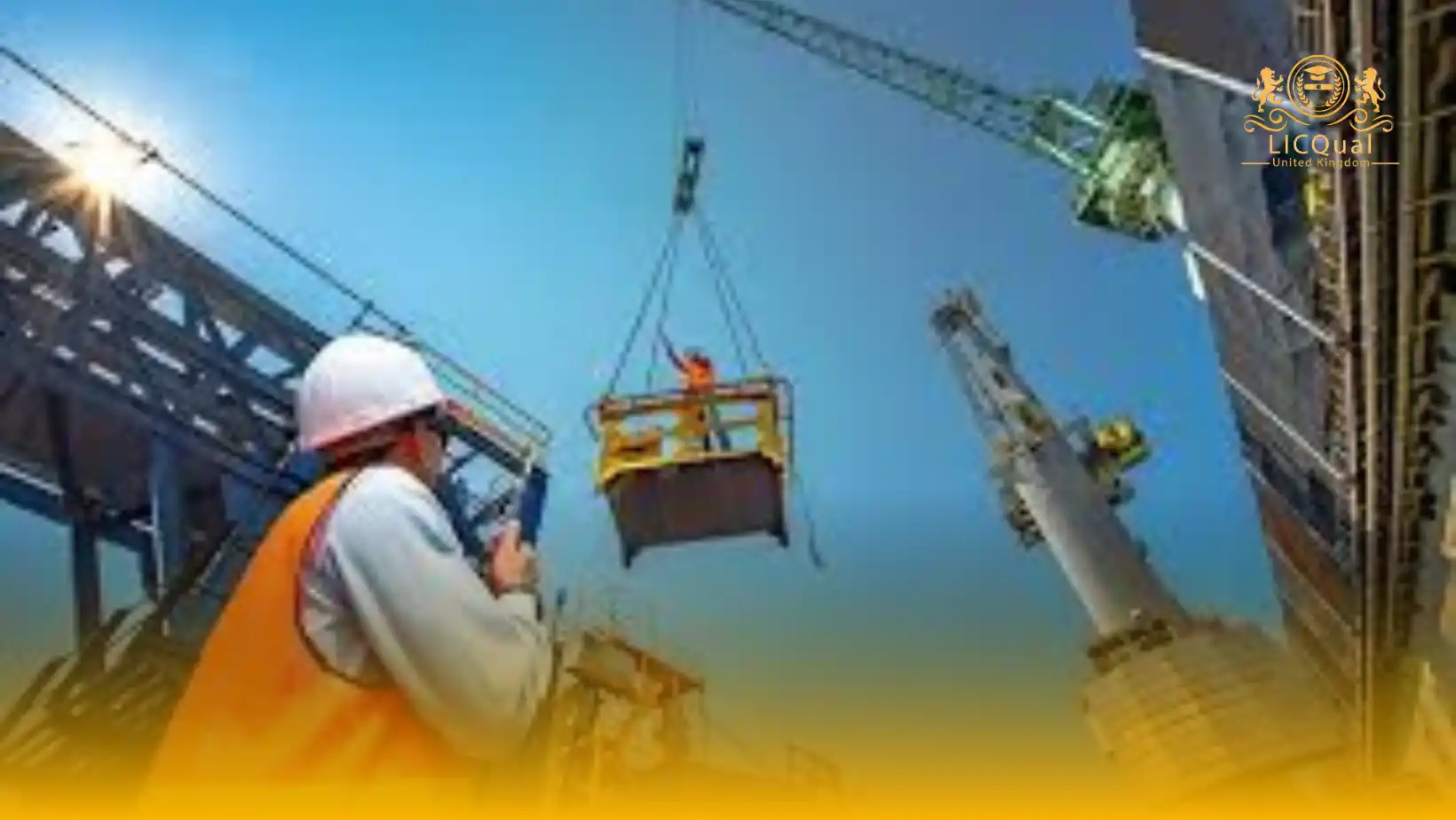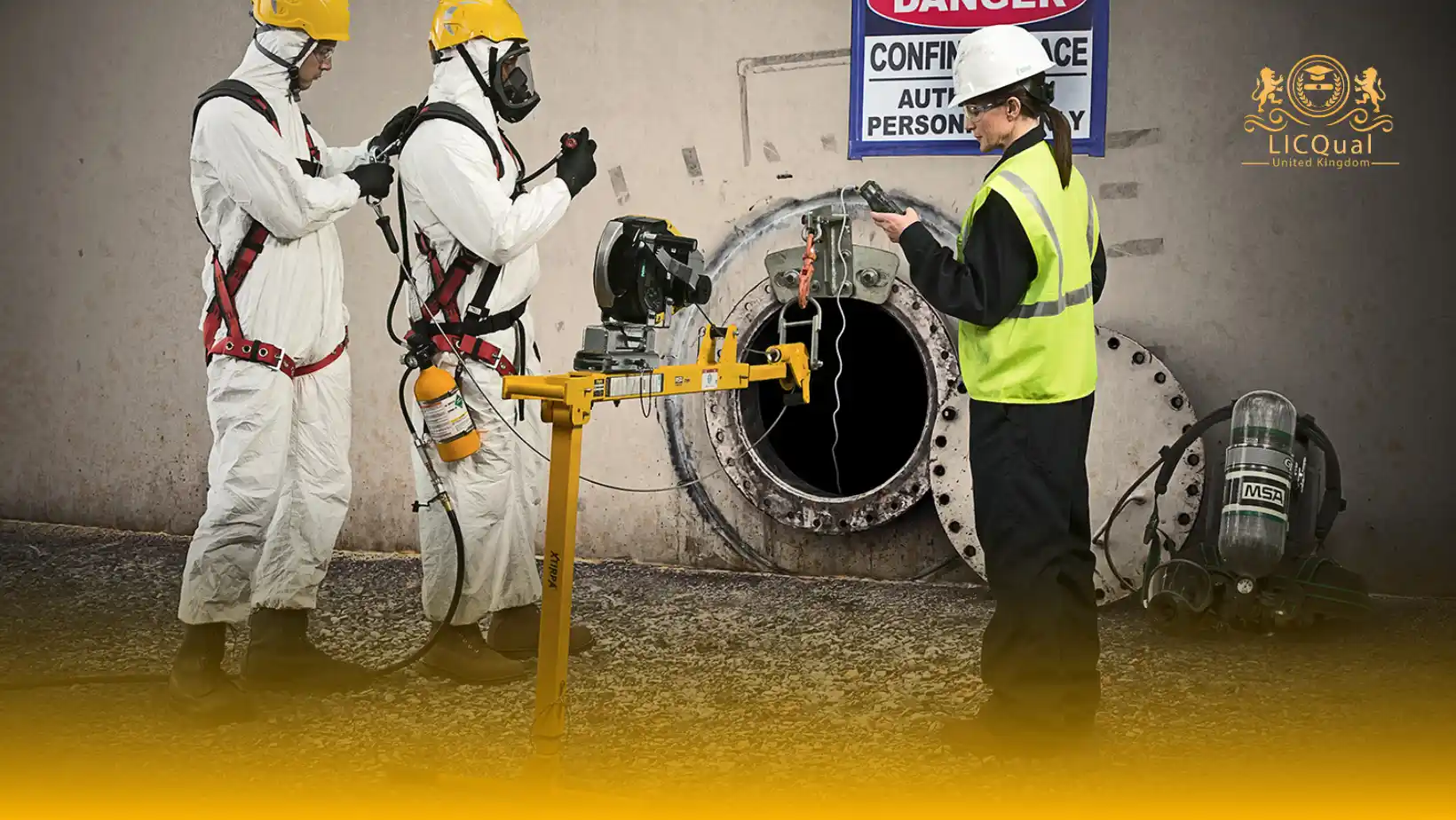
AVAILABLE QUALIFICATIONS
LICQual’s qualifications are structured in accordance with the standards set by the Regulated Qualification Framework (RQF), ensuring a flexible and accessible pathway to certification. While all qualifications at the same level maintain an equivalent difficulty, their content and scope may vary, offering learners diverse options tailored to their specific career goals and industry requirements.
Quality, Standard & Recognitions
Why LICQual Qualifications
We always develop and deliver the best and most demanded qualifications according to the global demand and needs of the time. These qualifications enable new learners and professionals to enhance their capabilities and skills to attain a leading role in national and multinational organizations. The benefits of studying LICQual qualifications are as follows.
LICQual United Kingdom LTD is international awarding body based in United Kingdom for providing premier standards of quality services in international education, training and skills with globally recognized and demanded international qualifications. We deliver our qualifications globally by approved training providers across the globe. Most demanding qualifications are:
- Environmental Management
- Occupational Health and Safety
- Operational Risk Management
- Disaster Management
Career Development to increase credibility with employers
LICQual UK LTD is promised to prepare competent individuals: equipped with enough knowledge about the subject, ability to perform the job in a dynamic environment, trained enough to fulfil his responsibilities and accountabilities, and skilful to perform the job according to the requirement of the modern world with latest technologies.
Worldwide Study
LICQual qualifications are presented by its various number of endorsed centers internationally with a scope of conveyance choices included on the web/distance learning. That implies you can begin when you like and finish when you like.
Affordable cost
LICQual is a not-for-benefit association thus it tries to guarantee that its Fees are consistently just about as reasonable as conceivable without compromising the quality and guidelines of its qualifications. It is typically much faster and less expensive to take an LICQual qualification and afterward go to university for the last years of Bachelor Degree/Master/MBA top-up programs, instead of taking an entire program at the university.
Professional Membership
The Professional Membership licenses people to become a part of body for experts to trade considerations, contacts and set norms of good practice inside the areas.


































